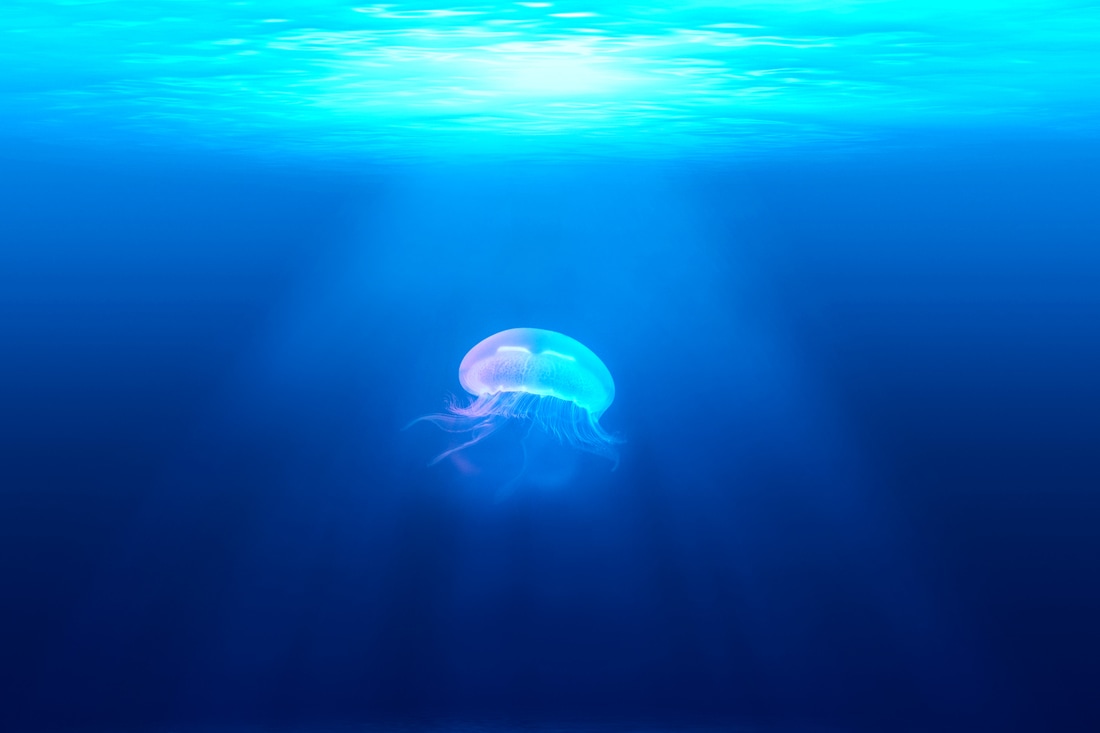|
Salt water pools are becoming more and more popular among homeowners. But what is a salt water pool? A salt water pool is a swimming pool that uses dissolved pool salt that runs through a salt water generator that chemically produces its own natural chlorine that helps eliminate bacteria, algae, and other unwanted organics. Yes, a salt water pool still has chlorine in it (or produced by it) but is less harsh on the body, eyes, hair, skin, and smell. Traditional chlorine pools comprise of “free available chlorine” "total available chlorine" and “combined available chlorine.” Free available chlorine is unused chlorine to sanitize the pool, total available chlorine is the combination of used and unused chlorine, while the combined available chlorine is the difference between free chlorine and total chlorine. When combined chlorine is high by the reaction of chlorine and human sweat, skin, and other organics it creates “chloramines” which is responsible for the pungent chlorine smell. The strong smell means there is not enough free available chlorine, so the pool is not efficiently eliminating organics. To compensate we add more chlorine or shock the water. Saltwater pools continuously produce free available chlorine that helps remove chloramines through the use of a salt water generator. Of course insufficient salt and other balancing will not produce enough chlorine which can result in a less sanitized pool. Salt water pools are not free of maintenance and must be monitored to sanitize efficiently. If you are concerned about handling, transporting, and storing harsh pool chemicals such as chlorine, have breathing issues, dealt with red itchy eyes or skin, had stained clothing or dry skin or hair you may want to consider a saltwater pool. There are some drawbacks of saltwater pools, for example, the initial cost for a salt water pool is much more than a traditional chlorine pool (but may balance out in the long run). Because salt at high concentration can be corrosive to pool equipment including pumps, filters, diving boards, pool lights, etc. must be designed to resist salt water corrosiveness which can be costly.
0 Comments
Your comment will be posted after it is approved.
Leave a Reply. |
Archives
September 2020
Pool & Spa |


 RSS Feed
RSS Feed


